ADHD and To-Do Lists: How to Create Lists That Actually Work for Your Brain

ADHD and To-Do Lists: How to Create Lists That Actually Work for Your Brain
Let’s be honest—traditional to-do lists don’t always work for adults with ADHD. You might start with the best intentions, write down a long list of tasks, and then… never look at it again. Or maybe the sheer length of your list overwhelms you to the point of paralysis.
Sound familiar? You’re not alone. ADHD brains have a love-hate relationship with to-do lists, but when you tweak them to work with your brain’s quirks (instead of against them), they can become one of your most powerful tools.
So, how do you create ADHD-friendly to-do lists that actually help you get stuff done? Let’s break it down.
Why To-Do Lists Are Challenging for ADHD
For adults with ADHD, traditional to-do lists can create more stress than solutions. Here’s why:
- Overwhelming Length
Long lists can trigger a sense of “too much to do, too little time,” making it hard to even start. - Lack of Prioritization
ADHD brains often struggle ...
ADHD and Procrastination: Why We Avoid Tasks and How to Finally Get Stuff Done

ADHD and Procrastination: Why We Avoid Tasks and How to Finally Get Stuff Done
Let’s face it—procrastination is one of the biggest hurdles for adults with ADHD. It’s not that you’re lazy or don’t care about your tasks. In fact, you probably really want to get things done. But when it’s time to start, your brain seems to hit an invisible wall. Suddenly, scrolling social media, reorganizing your desk, or watching that “one more” YouTube video feels way more urgent.
Sound familiar? You’re not alone. Procrastination and ADHD often go hand in hand, but here’s the good news: you can learn to work with your brain instead of against it. Let’s explore why procrastination happens and how you can finally break the cycle.
Why ADHD and Procrastination Go Together
For adults with ADHD, procrastination isn’t just about putting things off for no reason. It’s tied to how your brain processes tasks and motivation. Here’s why:
1. Difficulty with Task Initiation
ADHD affects your executive functi...
Overcoming Overwhelm with ADHD: Practical Tips for Staying Calm and Focused
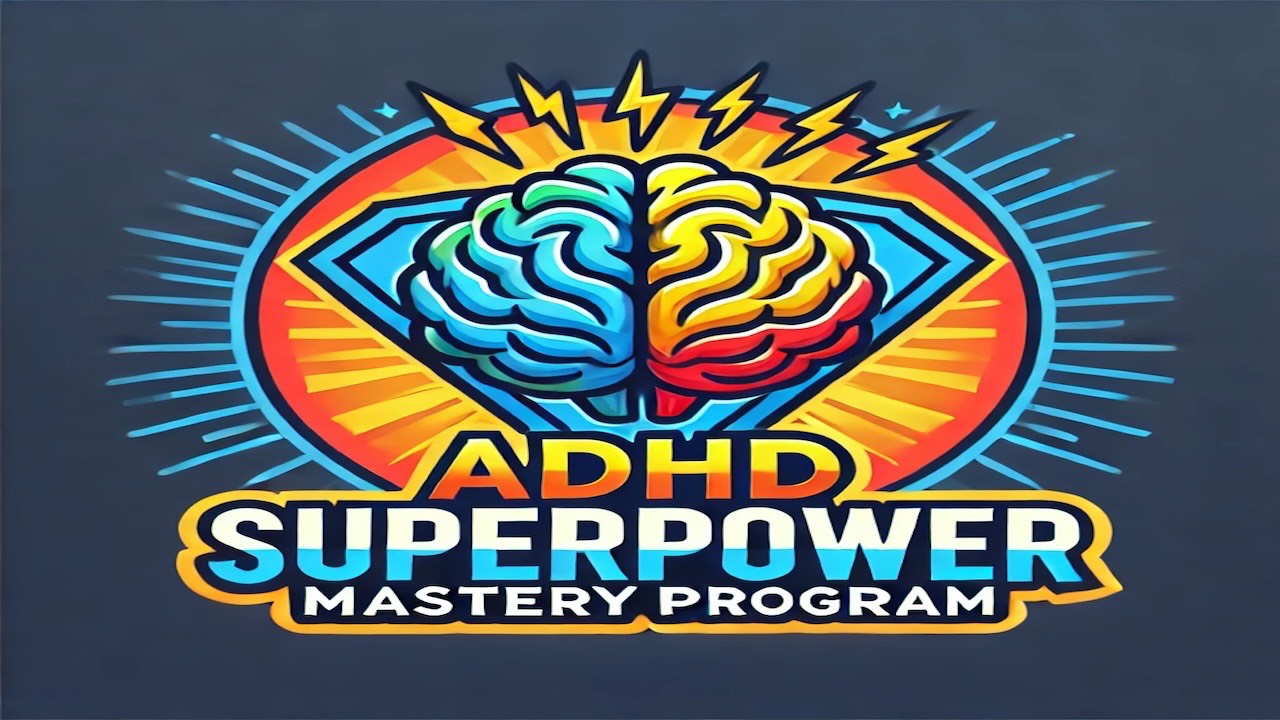
Overcoming Overwhelm with ADHD: Practical Tips for Staying Calm and Focused
If you have ADHD, you know how quickly overwhelm can take over. One minute, you’re ready to conquer your to-do list, and the next, you’re staring at a pile of tasks, completely frozen. It’s that sinking feeling of “I don’t even know where to start.”
Sound familiar? You’re not alone. Overwhelm is one of the most common challenges for adults with ADHD—but the good news is, it doesn’t have to control you. With the right strategies, you can break free from that stuck feeling and regain your focus. Let’s dig in.
Why Does Overwhelm Happen So Often with ADHD?
For neurodivergent brains, overwhelm isn’t just “having too much to do.” It’s a combination of factors that can leave you feeling paralyzed:
- Difficulty Prioritizing Tasks
ADHD brains struggle to figure out which task to start with, especially when everything feels equally important. - Executive Function Challenges
Planning, organizing, and breaking big p ...
ADHD and Sleep: Tips for Better Rest When Your Brain Won’t Turn Off

ADHD and Sleep: Tips for Better Rest When Your Brain Won’t Turn Off
Let’s be honest—sleeping with ADHD can feel like an epic battle. Your body might be tired, but your brain? Oh no, it’s wide awake, replaying every awkward moment from 2003 or creating a new 47-step plan to “finally get organized.” Sound familiar?
You’re not alone. Sleep challenges are incredibly common in adults with ADHD. In fact, studies show that up to 75% of adults with ADHD experience sleep problems, whether it’s trouble falling asleep, staying asleep, or waking up feeling like you’ve barely rested.
But don’t worry—there’s hope! With a few adjustments, you can calm your racing mind and get the restorative sleep your ADHD brain desperately needs. Let’s dive into why ADHD impacts sleep and, more importantly, how to fix it.
Why Does ADHD Affect Sleep?
The connection between ADHD and sleep is complex, but here are the main culprits:
- Dysregulated Circadian Rhythm
ADHD brains often struggle to align with a ty ...
How Exercise Helps Adults with ADHD Improve Focus and Reduce Anxiety
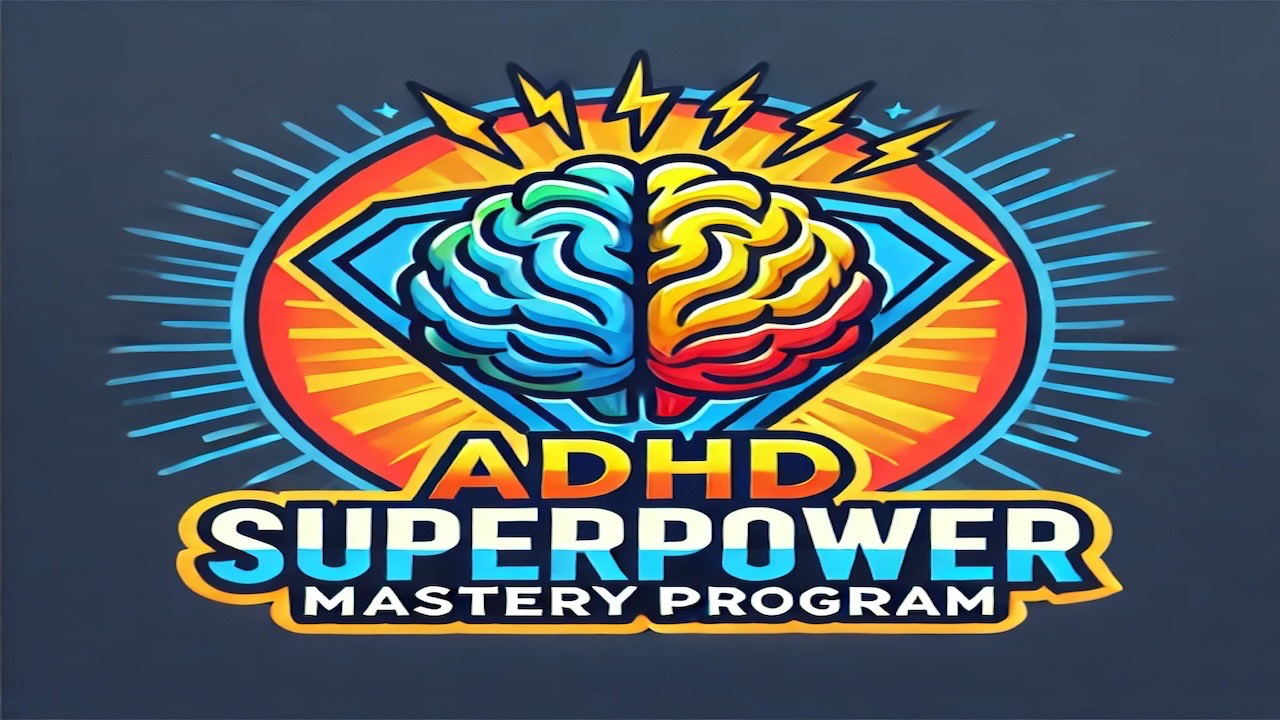
How Exercise Helps Adults with ADHD Improve Focus and Reduce Anxiety
For adults with ADHD, the idea of "just go exercise" can feel overwhelming—especially when you're already juggling a million thoughts. But here’s the thing: physical activity is one of the most effective (and natural) tools for managing ADHD symptoms. From boosting dopamine levels to reducing anxiety, the benefits of exercise go way beyond physical fitness. Let’s dive into the science, the strategies, and the workouts that work best for ADHD brains.
Why Exercise Works Wonders for ADHD
If you’ve ever felt more focused or calm after a workout, there’s a reason for that! Exercise impacts the brain in powerful ways, particularly for those with ADHD. Here’s how:
- Boosts Dopamine and Norepinephrine
ADHD brains thrive on these two chemicals. They play a key role in attention, focus, and motivation. Exercise naturally increases their production, giving your brain the fuel it needs to perform at its best. - Reduces Anxi...
ADHD and Nutrition: The Connection Between What You Eat and How You Focus
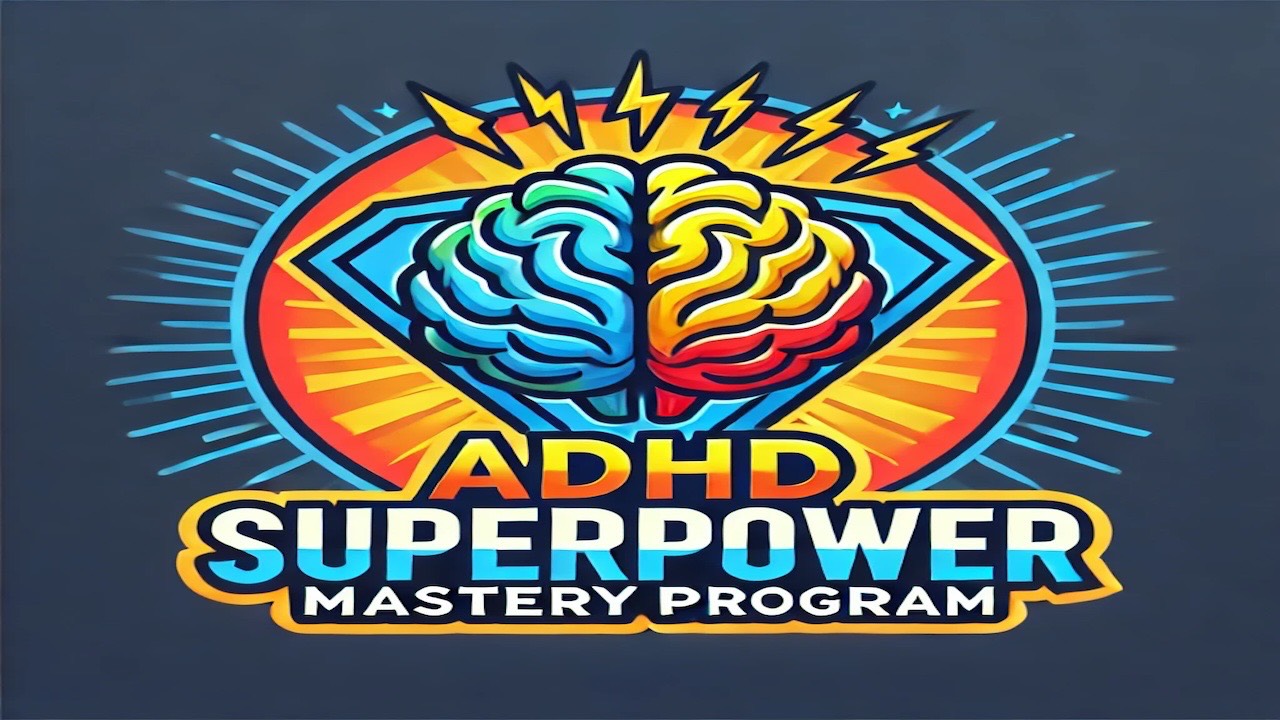
ADHD and Nutrition: The Connection Between What You Eat and How You Focus
Living with ADHD can feel like you’re constantly juggling too many things at once. Focus, energy, and mood often feel unpredictable. But here’s a little-known fact: the food you eat can have a big impact on your ADHD symptoms. Let’s break down the connection between nutrition and ADHD, and how you can make small changes to your diet to feel more in control.
Why Does Nutrition Matter for ADHD?
If you’ve ever felt irritable, distracted, or completely drained after a meal (or when skipping one), you’re not imagining it! For adults with ADHD, food plays a key role in managing symptoms like focus, impulsivity, and mood swings. Here’s why:
- Blood Sugar and Brain Function
Your brain is a powerhouse that depends on a steady supply of glucose (blood sugar). Fluctuations in blood sugar levels—caused by sugary snacks, processed foods, or skipping meals—can intensify ADHD symptoms like inattention and hyperactivity.
...
Building Unshakable Self-Confidence: The Key to Succeeding and Living the Life You Desire
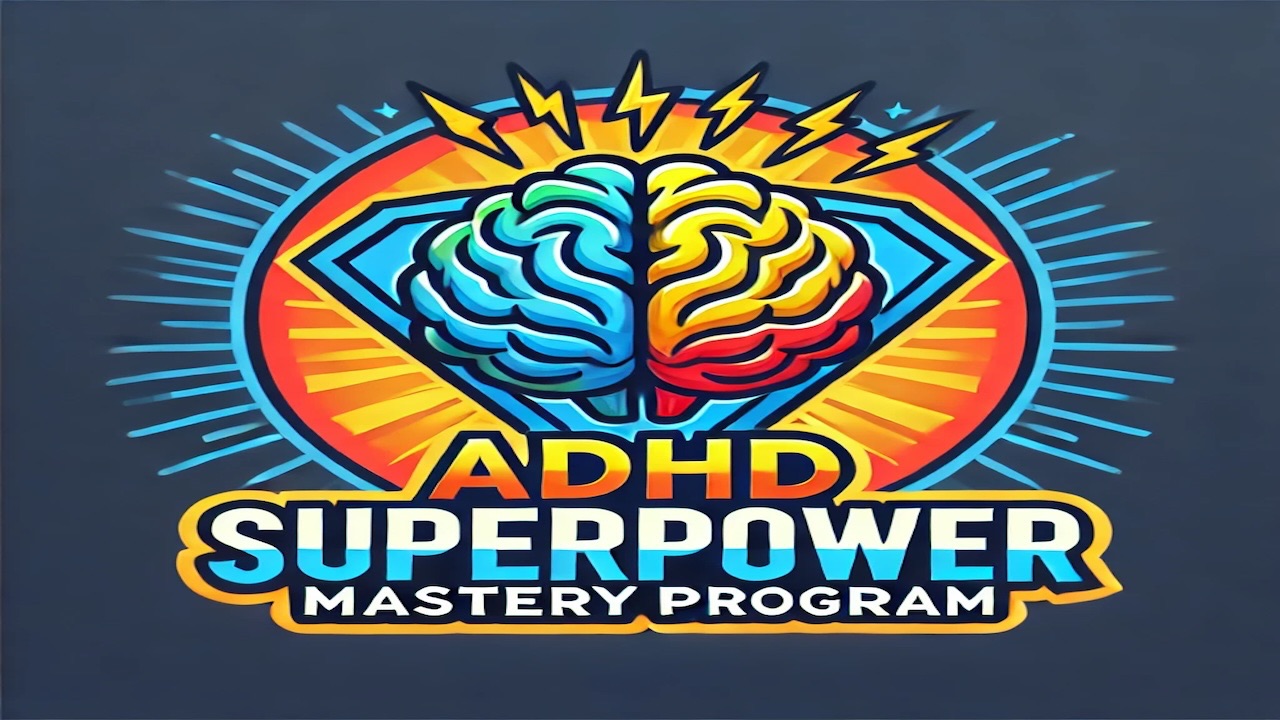
Self-confidence is the foundation upon which all success is built.
Without it, even the most talented and capable individuals can find themselves struggling to achieve their goals and live the life they truly desire.
But with unshakable self-confidence, you can overcome obstacles, take risks, and pursue your dreams with determination and resilience. Here’s why self-confidence is essential and how you can develop it to unlock your full potential.
Why Self-Confidence is Crucial for Success
Self-confidence is more than just believing in yourself; it’s about knowing your worth and trusting your abilities, even in the face of challenges.
When you have self-confidence, you’re more likely to take risks and step out of your comfort zone. This willingness to embrace uncertainty is often what separates those who succeed from those who don’t.
Confidence also affects how others perceive you. People are naturally drawn to individuals who exude confidence, and this can open doors to new opport...
Understanding ADHD: The Difference Between Hyperfixation and Hyperfocus
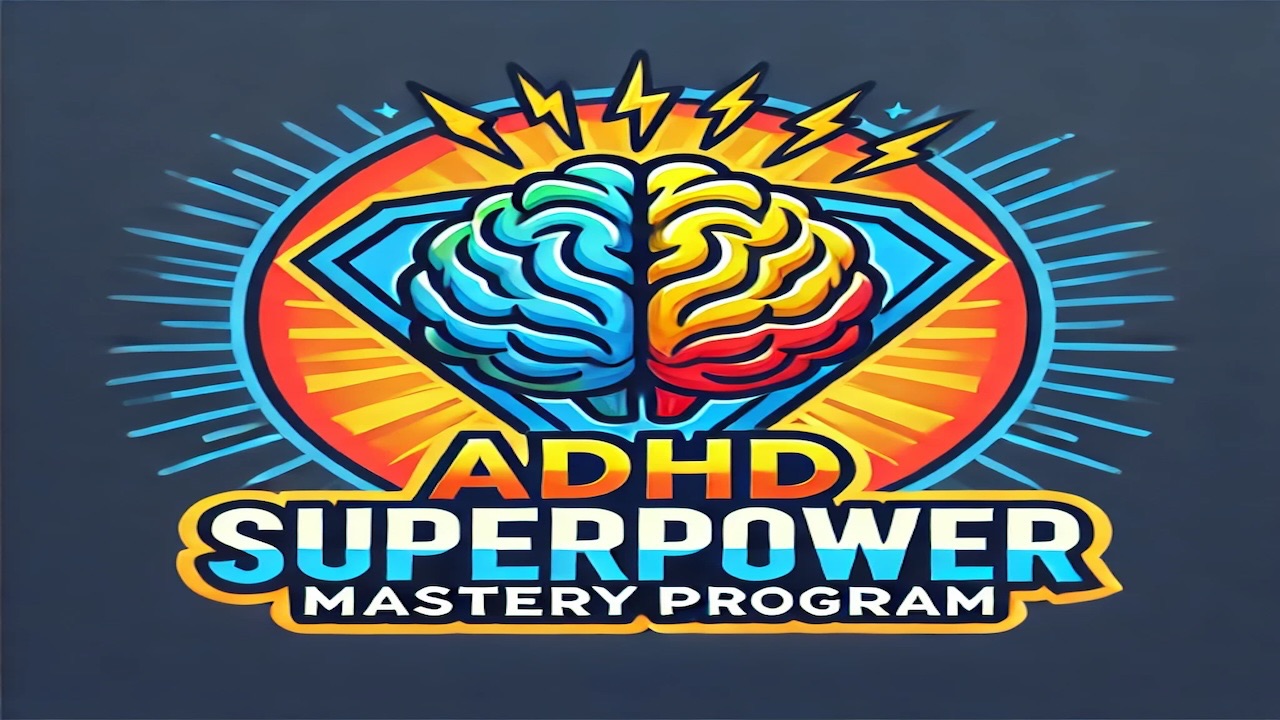
ADHD is often associated with difficulties in maintaining attention, but it also includes states of intense concentration that can be both a blessing and a curse.
Two common experiences among those with ADHD are hyperfixation and hyperfocus.
While these terms are sometimes used interchangeably, they describe different aspects of ADHD behavior. Understanding the distinction between the two can help in managing them more effectively.
What is Hyperfixation?
Hyperfixation refers to an intense and sometimes obsessive focus on a specific task, hobby, or subject for an extended period.
During a hyperfixation episode, individuals with ADHD may lose track of time, ignore other responsibilities, and become deeply immersed in their chosen activity.
This can happen with anything from a video game, a book, or a new hobby, to researching a topic that suddenly captivates them.
Key Characteristics of Hyperfixation:
- Time Distortion: Losing track of hours or even days while engaged in the acti ...
